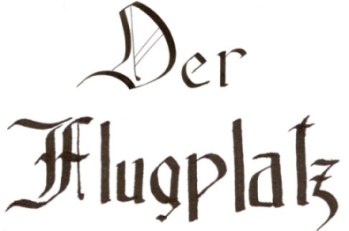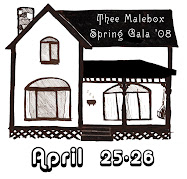Preface to the Post: The Bible as Literature, English 375 at the University of Idaho, is not the secularist game of piñata that it sounds like. Kurt Queller is a sweet dude who professed his faith on the first day of class, speaks Greek, is a specialist on the Gospel of Mark, and a linguist who speaks like 5 other languages.
That being said, in my Bible as Lit class this morning we were looking at another one of the accounts of Jesus healing on the Sabbath, this time in Mark. Kurt was pointing out the many similarities in phrasing found between this story and the story of the Exodus, as seen in the Greek. Knowing He was being watched as to whether or not he would heal on the Sabbath, our translations have Christ saying “Come here,” or “Stand up in front of everyone,” to the man with a withered hand. The literal Greek translation is apparently “Arise into the midst,” which as Kurt pointed out, would’ve sounded as strange to the folks in the synagogue then as it does to us now.
This wording has more of an inviting sound to it, using “the midst.” Come into the very middle of everything. Just like in Matthew in a similar situation, Christ seems to be taking this opportunity to show the Pharisees that work which helps others is not only lawful to perform on the Sabbath, but is manifestly better. The difference comes with the Greek wording and Paul’s words in Romans about how both Jew and Gentile come to Christ equally through faith, that the distinction between the two is not “Jews get to Heaven, just because; Gentiles, tough beans.” We love to quote Christ’s words when he said that he came to bring a sword, and to divide families, because we get this romantic feeling of Faith over Family. What’s easy to overlook is how unifying Christ actually was, how faith in His resurrection was equally available to everyone. Arise into the midst.
Christ heals this man who would’ve gone unhelped had the legalists had their way, which is an idea that has hung around with Jews today. In this Mark account, Jesus both trumps the legalistic observance of the Law with righteousness, and gives a small taste of what other good is to be open to all. Another interesting observation from the Greek is the use of the word restored speaking of the healing. This wasn't a typical word used to describe physical healing, but it is the same word used in Exodus for the waters being "restored" onto the pursuing Egyptians. That restoration destroyed the Egyptians while the healing resoration worked to destroy legalism.
Comments here are always welcomed and looked forward to, and I’d like to extend a special request for this post as I feel that I wasn’t really able to clearly articulate what I saw in the text, or maybe presented it in a way that makes one think "So what?" Thoughts?


No comments:
Post a Comment